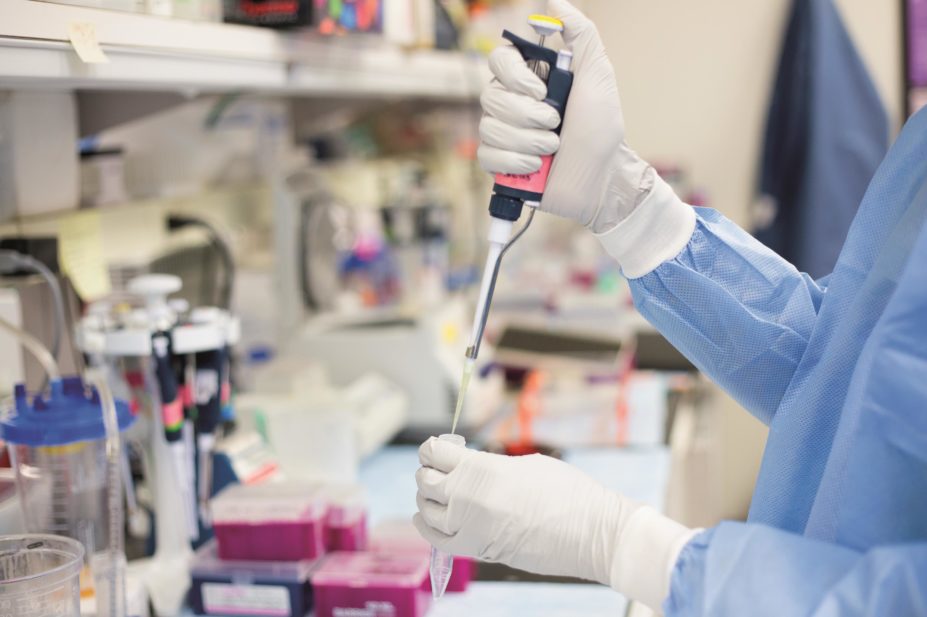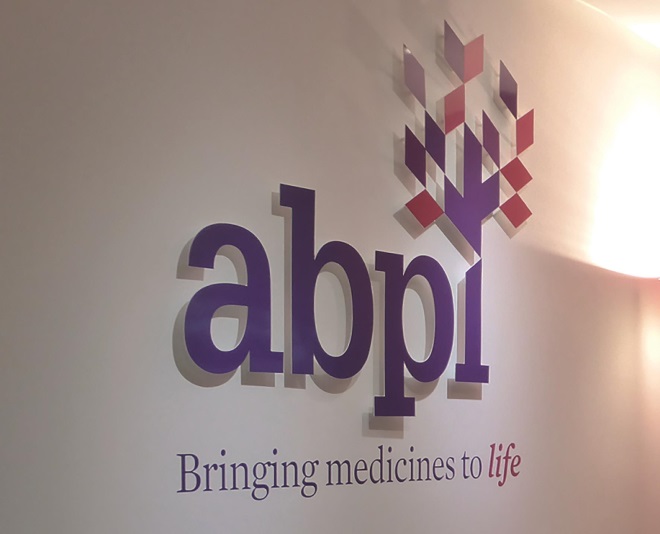
Shutterstock.com
Commercial deals with pharmaceutical companies are being proposed to speed up NHS patients’ access to innovative drugs before evidence shows their long-term benefit.
Under a managed access agreement, drugs may be given “conditional” approval for use in the NHS in return for either money or product performance. Deals could be based on drug discounts, price-volume agreements or other arrangements, which run for several years and are dependent on specific outcomes.
“Such a system, carefully managed, offers the best prospect for our NHS of achieving timely patient access to the most promising new products, while ensuring that growth in healthcare budgets is sustainable,” says the government’s Accelerated Access Review (AAR) interim report, published on 27 October 2015.
The AAR has been set up to look at how to speed up NHS patients’ access to innovative drugs, devices and diagnostics in England. It is due to make its final recommendations in spring 2016.
The interim report also suggests that patients should have more information about drug trials and pilots, and have more input about which innovative products should be prioritised.
It also wants the Academic Health Science Networks – local partnerships involving NHS services, academics and industry – to take the lead in supporting innovation and access to innovative drugs and devices.
The report says there are good examples where the NHS has adopted innovation quickly but analysis has shown that it is slow to adopt new products and, in some cases, is resistant to change.
“It is possible to debate the reasons for this perception and to identify a number of genuine barriers the [NHS] faces – particularly when seeking to invest in innovations that may have uncertain or longer-term benefits, or which benefit the wider system but not their institution or speciality directly,” the report says.
“But perhaps the biggest risk the NHS faces is that the current resource constraints under which it is operating will paralyse the system,” the report says. “[These constraints are] inhibiting it from investing in the change it needs to undergo – supported by innovative technologies – to improve the quality of the care it offers to patients and the productivity and efficiency of the system.”

Source: ABPI
The ABPI believes any new schemes for drugs need to fit within the framework of the Pharmaceutical Pricing Reimbursement Scheme
A spokesperson for the Association of the British Pharmaceutical Industry (ABPI) says it has been considering what would work best for patient access and whether the NHS and National Institute for Health and Care Excellence (NICE) has the ability to manage more flexible access models.
The ABPI believes these schemes need to fit clearly within the framework of the Pharmaceutical Pricing Reimbursement Scheme (PPRS) that is negotiated with the government. This is a five-year agreement covering the majority of branded medicines sold in the UK.
“At this early stage of the review, it’s too soon to say what models should be recommended, but broader access for patients can be achieved within the PPRS scheme by refining and building on flexible pricing and patient access scheme provisions,” says the ABPI.
The AAR review is now seeking comments on its proposals before it draws up its final recommendations.


